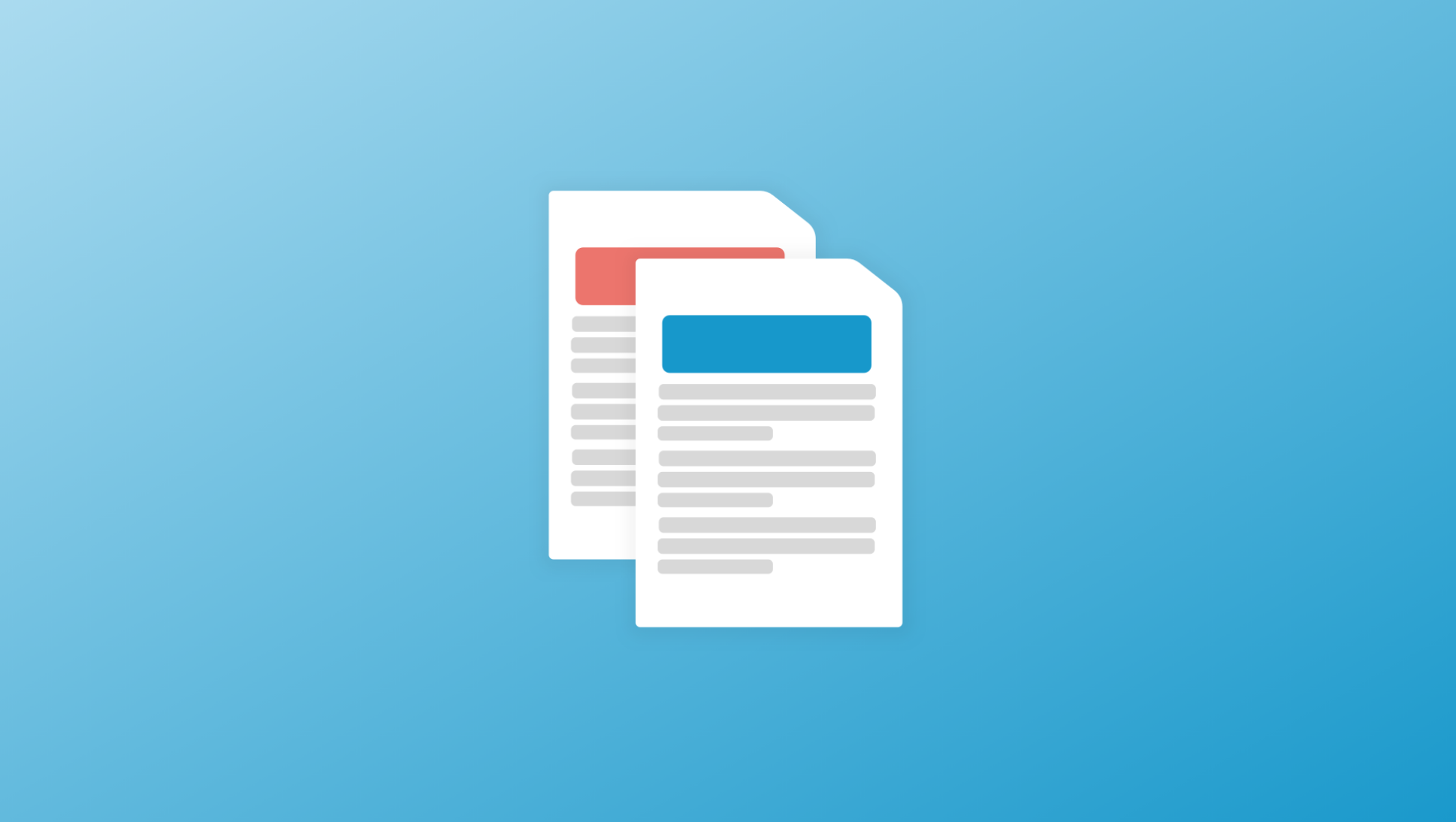15 min read
Considering Scoir for Your High School? Here’s What You Need to Know
Hey there, counselors! 👋
Scoir is free for your students and for you. We also offer Advanced Solutions to help you better guide your students.
Access resources in the areas of test prep, essay support, and financial aid to better navigate every part of the admissions process.
We offer a flat 50% discount for each student who receives free or reduced lunch in your school or district.
Enjoy Career Readiness Early Access for grades 6-8, built to help you guide students and track progress in the early years of career learnings and activities.

Career development (certifications, courses & curriculum) for changemakers.
Check out content and practical guides to help inform your enrollment strategies and programs.

Writing a college essay that satisfies the application requirement is relatively easy. Crafting an essay that can be the tipping point in the application process, though, is quite another matter. And, for students in search of a “winning essay,” finding creative solutions often proves to be a vexing challenge.
So, what is it that admission officers are looking for? More importantly, what makes the difference between a good essay and one that is truly impactful?
While they want to see evidence of good technical skills—have you mastered the basics of good writing(?)—admission officers are particularly interested in learning more about you.
Your academic record and extracurricular profile will reveal the facts of your life. Rather than repeating them, the essay should serve as an effective complement that reveals the person behind the numbers. Reliance on such insight during the credential review process will be especially critical this year as the “data” normally associated with applications is limited due to the coronavirus.
Coming up with a compelling essay, though, can be a challenge largely because the inspiration for such essays is hard to find! I’ve often maintained that the actual drafting and editing of an essay is easier than landing on messaging that will carry the day. If you expect to sit down and crank out a winning 650-word essay on a Saturday afternoon, good luck.
Crafting good essays—really good essays—starts with reflection (brainstorming).
The key is to tap into an intensely personal perspective, to reach beyond the superficial to a deeper understanding of who you are and the life experiences that define you.
Brainstorming in this manner can require a certain amount of courage because it might take you to times in your life that you’d rather forget. Your ability to process them, however, is important to establishing your sense of self. In the end, your ability to make yourself vulnerable is what will make you—and your message—strong.
When talking with students, I listen for voice inflections that reveal an emotional response. Excitement, frustration and even anger are often indicators of a deeper, underlying story that the student either fails to recognize or is uncertain about how to approach.
Notice that, in the previous section, each question has two parts. Exploring the “why” and “how” of a response is essential to greater understanding. If you focus only on the “what,” “when” and “where” of a story, you fall short of revealing the sense of humanity that readers want to see.
Once you determine the story or message you want to convey, focus on creating an appropriate concept for the telling of your story. Will it be a conversational narrative? A metaphor? Do you want to employ drama or self-effacing humor? I’ve even read poems that powerfully and/or playfully conveyed the character of the author!
In the case of prose, put the reader at the point of revelation with you at the outset of the essay. Share the emotion of the moment. Then, create a narrative that reveals the contextual backstory and, finally, the lessons learned or the resolve taken from the situation.
It might be helpful to approach this step of essay development as an artist would approach an empty canvass. After all, your final “work product” will be your creation, your art. The last thing you want is for your essay to look like a five-paragraph essay written for an English or History class! As an artist, you want to create an impression with your work. What will your art say about you?
The questions of topic and concept are particularly relevant this year given the unique, life-changing circumstances introduced by COVID 19. The fact that many students will understandably reflect on the impact of the coronavirus in their lives has led to rampant speculation that the topic would not be a good one for college essays—add it to the list of “taboo” essays.
You might be surprised to know that admission officers don’t agree. They don’t see taboo topics, but they do see taboo approaches—generic essays on the same topic that could have been written by anyone. The events of the past year have presented challenges unlike any other. Has time stood still for you? Or have you found opportunities to reimagine yourself—to explore new interests or to respond to needs in your community? The manner in which you responded will define the approach you take to your essay. Whether yours is an essay drawn from a COVID 19 experience or something completely unrelated, if the story is intensely personal and artfully presented, you’ll be fine.

A 25-year veteran of the college admission process, Peter Van Buskirk is dedicated to helping families find student-centered solutions in college planning. His ability to interpret and personalize a complex, and often mysterious, college-going process makes him a popular speaker among students, parents and educators. His creative programming has informed, inspired and entertained more than 2,000 audiences around the world. Peter’s books, Winning the College Admission Game; Strategies for Students and Parents and Prepare, Compete, Win! The Ultimate College Planning Workbook for Students, coach families through the complexities of finding and getting into the college that is the best fit for the student. His weekly blogs are featured on his website, www.BestCollegeFit.com, and he has appeared on numerous television and radio interviews including “Oprah and Friends” with Jean Chatzky. A graduate of Bucknell University, Peter moved through the ranks at Franklin & Marshall College to become Dean of Admission, Interim Director of Athletics, Associate Vice President for Enrollment Management, and Executive Officer in the Office of the Provost. He subsequently created and now operates Best College Fit® as a platform for delivering student-centered college planning content to students, parents and educators.

15 min read
Hey there, counselors! 👋

7 min read
As part of your college application process, many colleges will require an admissions essay. This is your opportunity to highlight your strengths,...

6 min read
Hey, it’s Elena! Summer is nearly here (thank gosh ☀️) and for right now, you’re probably thinking, “I’ll be seeing my friends all summer, thank...